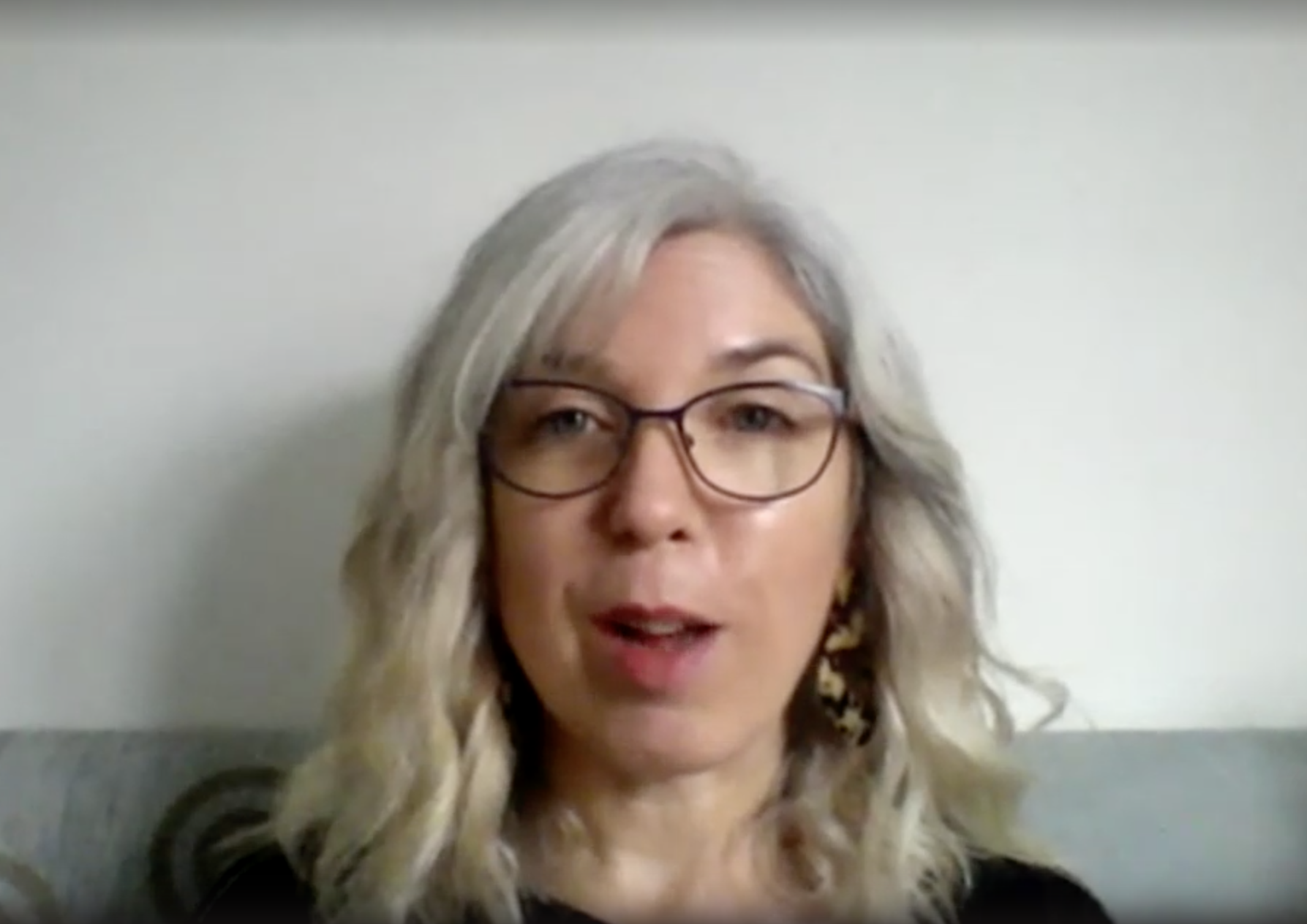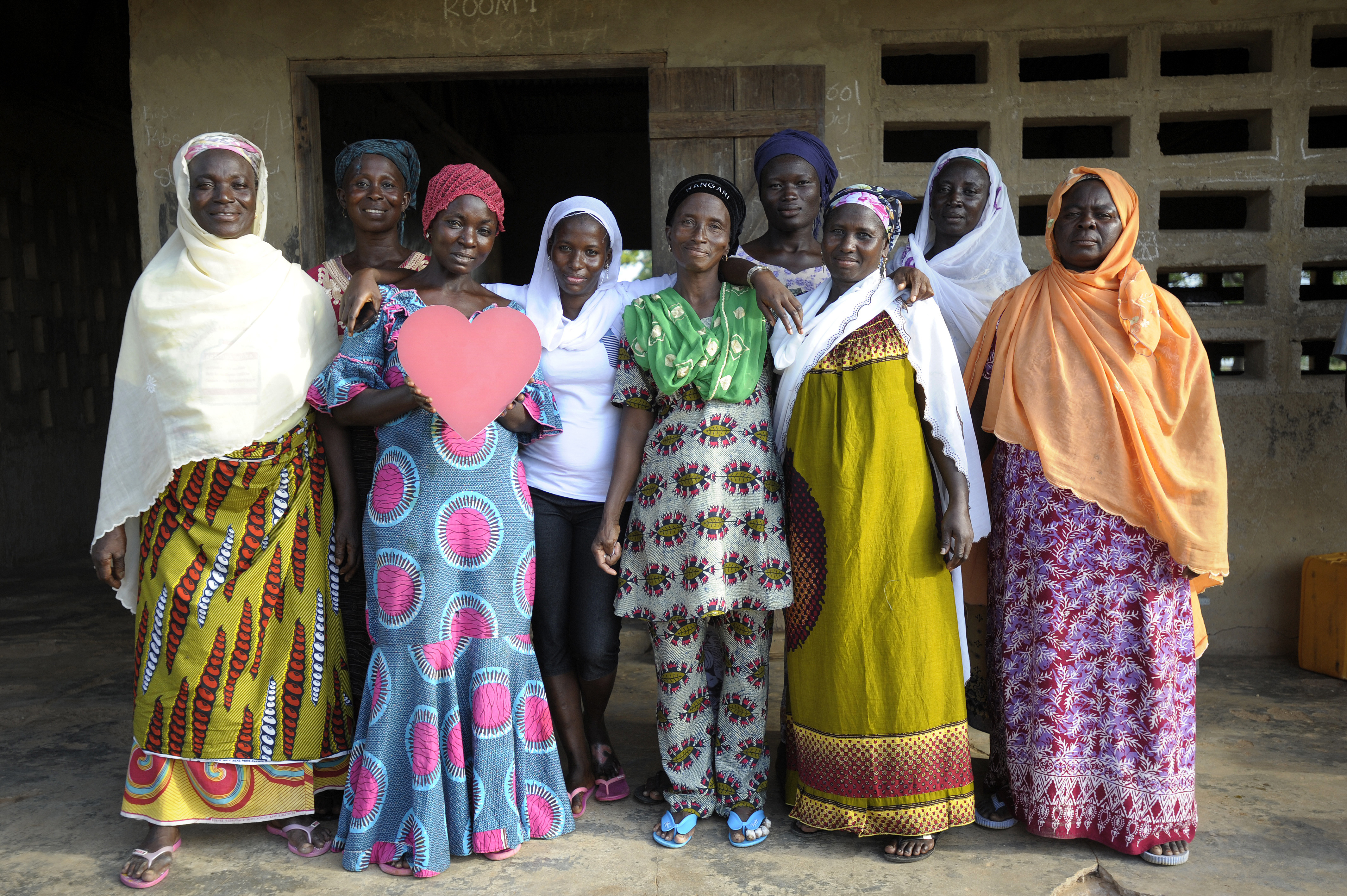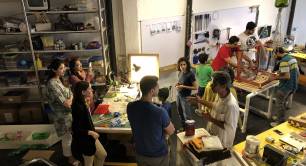Innovative, agile and resilient: social enterprises worldwide have adapted to survive pandemic, reveals new report
Social enterprises worldwide have proved to be adaptable and innovative in the face of the Covid-19 pandemic, with only 1% reporting permanent closure, according to a new survey conducted across 38 countries. But as young and female social entrepreneurs have been hit hardest by the Covid-19 crisis, more support is needed.
Social enterprises have proved resilient and innovative in the face of Covid-19, but the crisis risks exacerbating inequalities among social entrepreneurs as well as the communities they support, a new global study reveals.
The report, Innovation and resilience: a global snapshot of social enterprise responses to Covid-19, published on 9 December, shows the findings of a survey conducted across 38 countries by the British Council, Social Enterprise UK (SEUK) and the United Nations Economic and Social Commission for Asia and the Pacific (UNESCAP) in August and September 2020.
The findings show that social enterprises proved to be particularly agile and innovative when dealing with the huge changes created by Covid-19: more than half reported that they had changed their business model, and 55% increased their operations online. A third said they now provide new products and services.
 Of the 740 social enterprises surveyed, only 1% have closed permanently (although closure rates may be under-reported as the businesses which have already closed are less likely to respond, acknowledged report co-author Emily Darko, head of research at SEUK).
Of the 740 social enterprises surveyed, only 1% have closed permanently (although closure rates may be under-reported as the businesses which have already closed are less likely to respond, acknowledged report co-author Emily Darko, head of research at SEUK).
“Our research shows that innovation and agility are more important now than ever,” said Paula Woodman, global head of impact economy at the British Council (pictured), in opening comments to the report.
“We know that this has historically been a strength, with research consistently finding that social enterprises outstrip the mainstream SME sector for the development of new products and services.”
Innovation and agility are more important now than ever
The social enterprises that managed to pivot successfully tended to be the most confident about the future. Among those that had completely changed business models as a result of Covid-19, 81% anticipated stability or growth in the next few months. But uncertainty remained the dominant feeling among social entrepreneurs generally: 44% of all surveyed said they were unsure about future growth expectations.
Inequality concerns
The pandemic is likely to increase inequalities, the research suggests. Social enterprises led by women and young people (under 35), and those focussing on vulnerable groups were the more pessimistic about the times ahead, the survey reveals.
Both groups reported higher closure rates than the average for all of the social enterprises surveyed. Female-led businesses had greater reduction in activity, and more difficulties accessing government support. Youth-led social enterprises were more likely to provide reduced products and services and they are more likely to say no government support is available to them.
 “Reading the study, you can see that the biggest impact is, and will continue to be, on the most fragile demographics – youth and women – and it is not coming to me as a surprise,” said Vincent Otieno Odhiambo, Ashoka’s East Africa director (pictured), speaking at the launch event of the report on Wednesday 9 December.
“Reading the study, you can see that the biggest impact is, and will continue to be, on the most fragile demographics – youth and women – and it is not coming to me as a surprise,” said Vincent Otieno Odhiambo, Ashoka’s East Africa director (pictured), speaking at the launch event of the report on Wednesday 9 December.
“We have seen this amongst our Ashoka fellows … and this study is now evidence of it.”
He added that women and young people faced barriers to access funding and markets, in addition to the broader issue of lack of government support.
More than a third of social enterprises surveyed said they had not been able to access help from their government, with the problem being most acute in South Asia (56%) and sub-Saharan Africa (45%).
“Social entrepreneurs in sub-Saharan Africa are resilient out of necessity,” said Otieno Odhiambo, pointing to the lack of both government funding, and policy and legal frameworks to support social entrepreneurs in the region. While Africa so far has had fewer coronavirus cases and deaths than elsewhere, the economic impact of the pandemic was no less devastating, he added, and vulnerable people were at risk of falling into extreme poverty.
Social entrepreneurs in sub-Saharan Africa are resilient out of necessity
“Organisations like Ashoka or the British Council need to put some agency around finding ways to support social entrepreneurs, finding ways to collectively source, disseminate, connect and support social innovation by social entrepreneurs,” he said.
Europe tends to fare better than developing countries in terms of accessing government help. In the UK, only 18% of social enterprises said no government support has been available to them.

While the UK figure signals a mixed picture in terms of government policy globally, it also shows there is still a gap between need and availability in the countries with the highest levels of state support. Specific social enterprise help is minimal and mainstream support is often hard to access, the report said.
An opportunity to rewrite the rules
Woodman, also speaking at the launch, said social enterprises should take this crisis as an opportunity to go further as a movement.
“We’re seeing government rules changing very fast. The rulebook has been rewritten around us,” she said, citing as an example the amount of government borrowing in the UK, which would have been inconceivable a few months ago.
“If the rulebook is being changed, it’s a great opportunity for our movement to come together and to actually be able to inform a new rulebook."
Innovation and resilience: key findingsAdaptability and innovation
Uneven impact
Support available
|
Watch the launch event below.
Thanks for reading our stories. As an entrepreneur or investor yourself, you'll know that producing quality work doesn't come free. We rely on our subscribers to sustain our journalism – so if you think it's worth having an independent, specialist media platform that covers social enterprise stories, please consider subscribing. You'll also be buying social: Pioneers Post is a social enterprise itself, reinvesting all our profits into helping you do good business, better.




